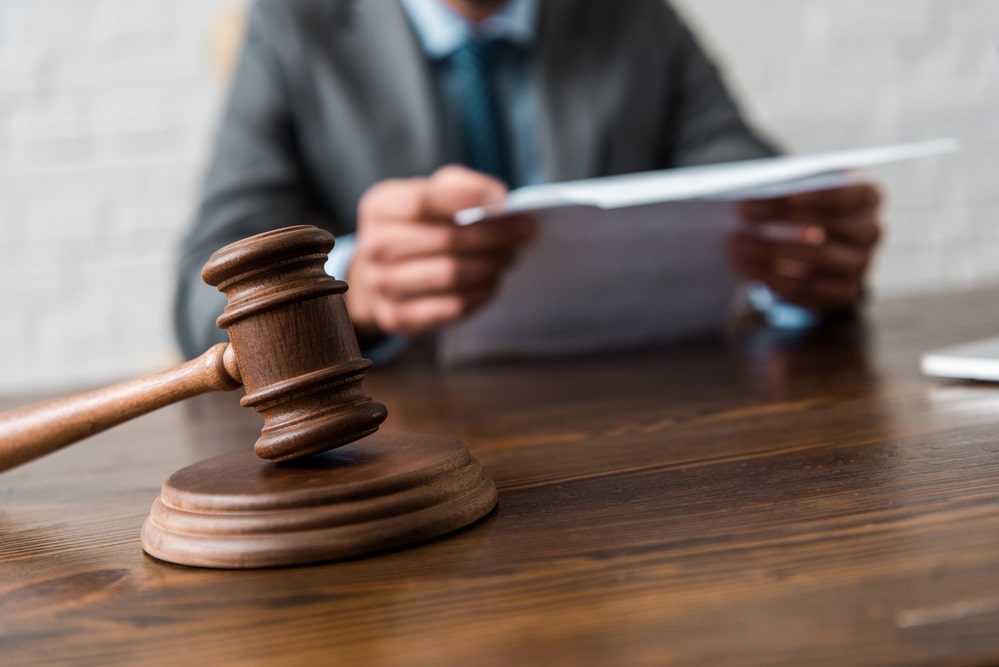Probate court serves a vital role in the legal system of Washington, D.C., providing a framework for the orderly transfer of assets and resolution of disputes following an individual’s death. Understanding the functions and procedures of probate court is essential for individuals involved in estate administration and beneficiaries seeking to protect their rights and interests.
Probate Court Procedures in Washington, D.C.
Initiating the Probate Process
The probate process in Washington, D.C. begins with the filing of a petition with the probate court. The petition typically requests the appointment of a personal representative to oversee the administration of the estate. Once appointed, the personal representative is responsible for managing the estate’s affairs and ensuring that the decedent’s wishes are carried out.
Inventory and Appraisal of Assets
One of the primary duties of the personal representative is to inventory and appraise the assets of the estate. This involves identifying all assets owned by the decedent at the time of their death and determining their value. The personal representative must comply with reporting requirements established by the probate court and provide accurate and detailed information about the estate’s assets.
Administration of the Estate
The administration of the estate involves various tasks, including the payment of debts and taxes, and the distribution of assets to beneficiaries. The personal representative must identify and notify creditors of the decedent’s death, settle any outstanding debts, and file tax returns on behalf of the estate. Once debts and taxes have been paid, the remaining assets are distributed to the beneficiaries according to the terms of the decedent’s will or state law.
Challenges and Disputes in Probate Court Proceedings
Will Contests
One common challenge in probate court proceedings is the contesting of a will. Will contests may arise when beneficiaries or other interested parties believe that the decedent’s will is invalid or that they were unfairly excluded from the will. Grounds for contesting a will may include allegations of fraud, undue influence, or lack of testamentary capacity. Will contests are typically resolved through legal procedures in probate court.
Disputes Among Beneficiaries
Disputes among beneficiaries can also arise during the probate process, particularly if there are disagreements over the distribution of assets or the interpretation of the decedent’s will. These disputes may escalate into contentious legal battles, requiring intervention by the probate court to resolve. Beneficiaries may seek to resolve conflicts through mediation or litigation, depending on the nature and complexity of the issues involved.
Claims Against the Estate
In addition to will contests and beneficiary disputes, probate court proceedings may involve claims against the estate by creditors or other claimants. Creditors may file claims seeking payment for outstanding debts owed by the decedent, while other claimants may assert rights to assets or property belonging to the estate. The personal representative has a duty to defend against invalid claims and ensure that the estate’s assets are distributed appropriately.
Role of Legal Representation in Probate Court
Hiring an Attorney
Navigating the probate process can be complex and challenging, particularly for individuals without legal expertise. Hiring an attorney who specializes in probate law can provide invaluable assistance and guidance throughout the process. An experienced attorney can help personal representatives fulfill their duties and obligations, protect beneficiaries’ interests, and navigate any challenges or disputes that arise.
Duties of the Personal Representative
The personal representative plays a critical role in probate court proceedings, acting as the fiduciary responsible for managing the estate’s affairs. With the guidance of legal counsel, the personal representative must ensure that the estate is administered in accordance with the law and the decedent’s wishes. This includes gathering and valuing assets, paying debts and taxes, and distributing assets to beneficiaries in a timely and fair manner.
Resolving Disputes Through Mediation
In some cases, disputes and conflicts may be resolved through mediation, a voluntary and confidential process in which a neutral third party facilitates negotiations between the parties involved. Mediation offers a less adversarial and more cost-effective alternative to litigation, allowing parties to work together to find mutually acceptable solutions. An experienced probate attorney can represent clients’ interests in mediation and help achieve favorable outcomes without the need for protracted court battles.
Conclusion: Navigating Probate Court in Washington, D.C.
In conclusion, navigating probate court in Washington, D.C., requires a thorough understanding of the legal procedures and challenges involved in estate administration. From initiating the probate process to resolving disputes and distributing assets, the assistance of legal representation can be invaluable in ensuring that the decedent’s wishes are carried out and that beneficiaries’ rights are protected. By working with an experienced probate attorney, individuals can navigate the complexities of probate court with confidence and achieve favorable outcomes for themselves and their loved ones.

